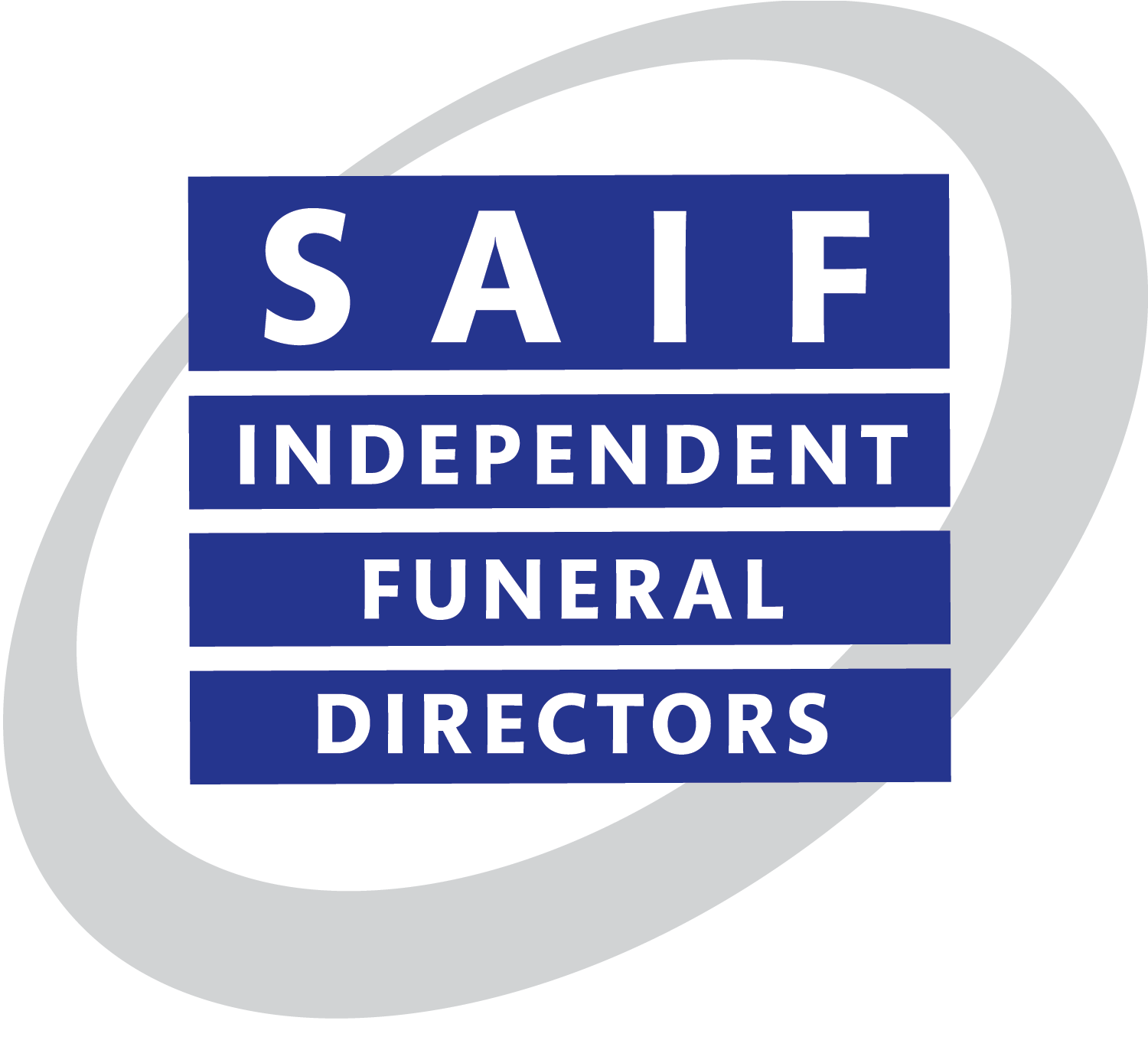SAIF: CMA remedies ‘disproportionate’

SAIF members have been strongly pressed to consider the likely consequences on the future of their independently-run funeral businesses following serious concerns about the Competition and Markets Authority (CMA)’s Provisional Decision Report (PDR), published in August.
In a letter to all members on behalf of the SAIF CMA Regulatory Taskgroup, the Association’s Chief Executive Terry Tennens suggested business owners and managers identify what the proposals will mean for their own company and ensure the CMA understands the potential impact its proposals will have on the sector.
The CMA aims to protect choice for consumers so it is essential that the regulator understands why its proposed remedies would threaten the future of many independent funeral directing businesses.
The PDR has given rise to major fears amongst senior members of SAIF’s National Executive Committee, who remarked: “The future of the profession is at stake as a result of one-size-fits-all disproportionate remedies.”
These remedies are:
- The impact on clients’ customer journeys from the CMA’s suggestion that three layers of funeral packages will need to be discussed in full detail, regardless of whether the customer is clear about their requirements.
- The CMA’s recommendation that price controls could be revisited following a second, future market investigation. (SAIF thinks this is unnecessary as the Association is seeking to introduce transparent online pricing as its own remedy at a future AGM.)
- A requirement for funeral firms with five branches or more to report quarterly to the CMA with financial revenues, profits, volume and if larger than 10 branches to provide segmented information about basic, standard and bespoke funeral numbers.
SAIF’s letter to members also raised concerns about the establishment of a costly independent inspection regime and registration of all funeral directors.
“Will this mean that your future business is dependent on the issue of a licence to operate from government, adherence to a government standards regime and at what cost to the funeral director if a licence is refused?” the letter asked.
SAIF is urgently liaising with kindred associations which form the Deceased Management Advisory Group and is seeking legal advice from a top-ranked 500 law firm specialising in regulatory and competition law to challenge the disposition of the CMA PDR, specifically as it relates to independent funeral directors.
A budget up to £50,000 has been agreed by the National Executive Committee to spend on protecting SAIF members and the independent sector but the Association may need to ask members for their financial support at a later stage, the letter said.
In addition to SAIF’s robust opposition to elements of the PDR, the Association is calling on members to step up and “undertake actions as a matter of priority” (see below).
A seven-page summary of the PDR, outlining the CMA’s proposed remedies, is available here.
How to make your voice heard
Write to the Chairman of the CMA Funeral Investigation Panel to state your objections to the PDR and explain the detriment to your business of the italicised paragraphs in the article printed on the left by 10th September at the very latest.
SAIF also recommends you ask that it be granted a hearing.
“The funeral profession has just been through a pandemic not seen in a century; and has performed admirably in serving bereaved families,” Mr Tennens wrote, adding: “After two years of substantive effort, SAIF must now demand of its membership that it stand up for clients, for client-centred businesses, so that we can continue to serve bereaved communities with the highest standards and best value.
“We implore your necessary support.”
The Chairman of the CMA’s Funerals Investigations Panel can be written to here:
- By email.
- By post: Mr Martin Coleman, Chairman, CMA Funerals Investigation, The Cabot, 25 Cabot Square, Canary Wharf, London E14 4QZ